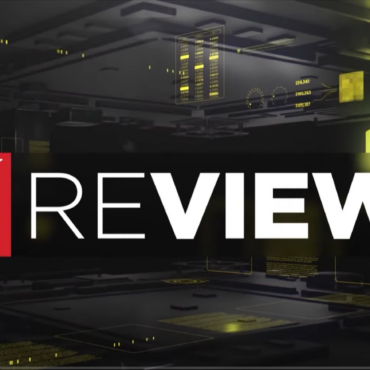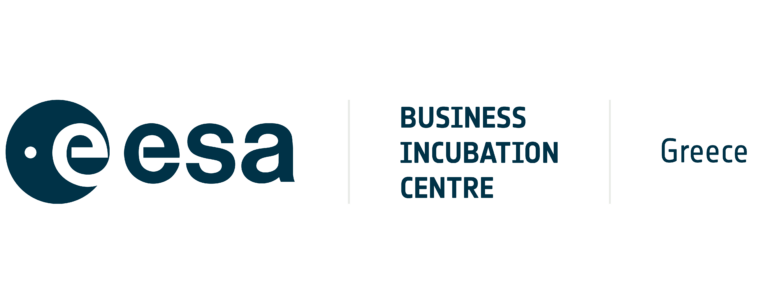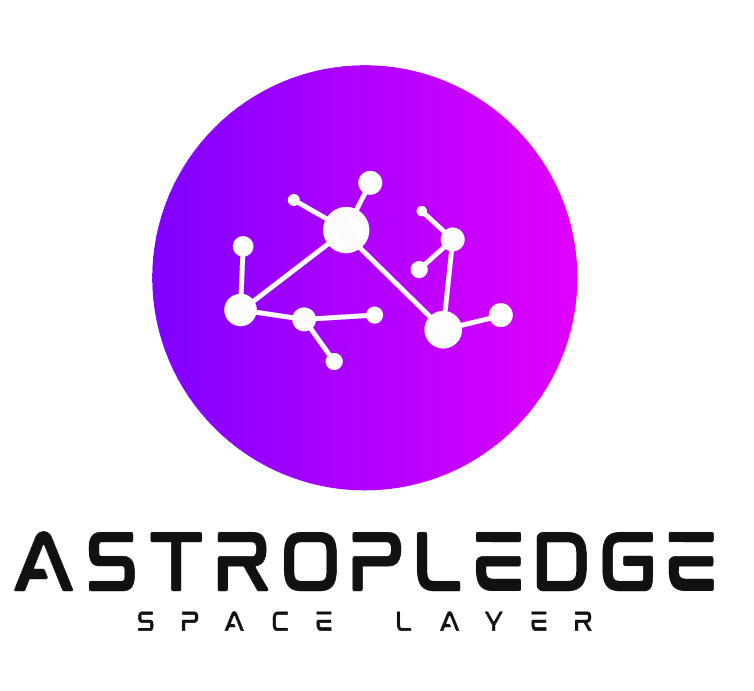
Top Categories
Spotlight

Week News
Top Voted
About me

Vaios Lappas has been elected Professor at the Department of Aerospace Science and Technology with a major in Aerospace Systems. He is a graduate of Aeronautical Engineering (B. Eng) of Ryerson University (Toronto, Canada) and a Space Engineer (MSc) of International Space University (Strasbourg, France). He received his PhD from the University of Surrey (UK) in 2002. He has participated as a Co / Principal Investigator in research projects and space missions with funding from Airbus Defense and Space, European Space Agency, NASA, European Commission (FP7). Participates in technical committees (Small Satellites, GNC, Deployable Structures) of the American Institute of Aeronautics and Astronautics, is Associate Editor of the Journal of Aerospace Engineering, Journal of Spacecraft & Rockets and participated in the Space Advisory Group (SAG) committee of the European Commission space research and development from 2011-2015. Participates as a national representative, in the field of control and navigation systems (Guidance, Navigation and Control), in the European Defense Agency (European Defense Agency). Since 2015, it has been involved in the research and development of space systems and technology, autonomous aerospace systems and unmanned aerial vehicles, funded by the European Space Agency, the European Union (Horizon 2020) and the European Defense Agency.
Recent articles

About us admin / April 6, 2022
What is Astropledge?
Cyberattacks toward space assets have been going on for ages and have recently ramped up dramatically. After years of research, at Bitrezus, we realized that most of the current satellite systems, either do not integrate security at all or run outdated security techniques, making current satellites vulnerable to hacking. Existing cybersecurity solutions rely on terrestrial ...

We are developing Astropledge so you can
FOCUS ON YOUR PROFITS
And Let Us To Cybersecure Your Space Assets


© Copyright 2022 | Astropledge™ is a BITREZUS P.C. Project. All Rights Reserved.





